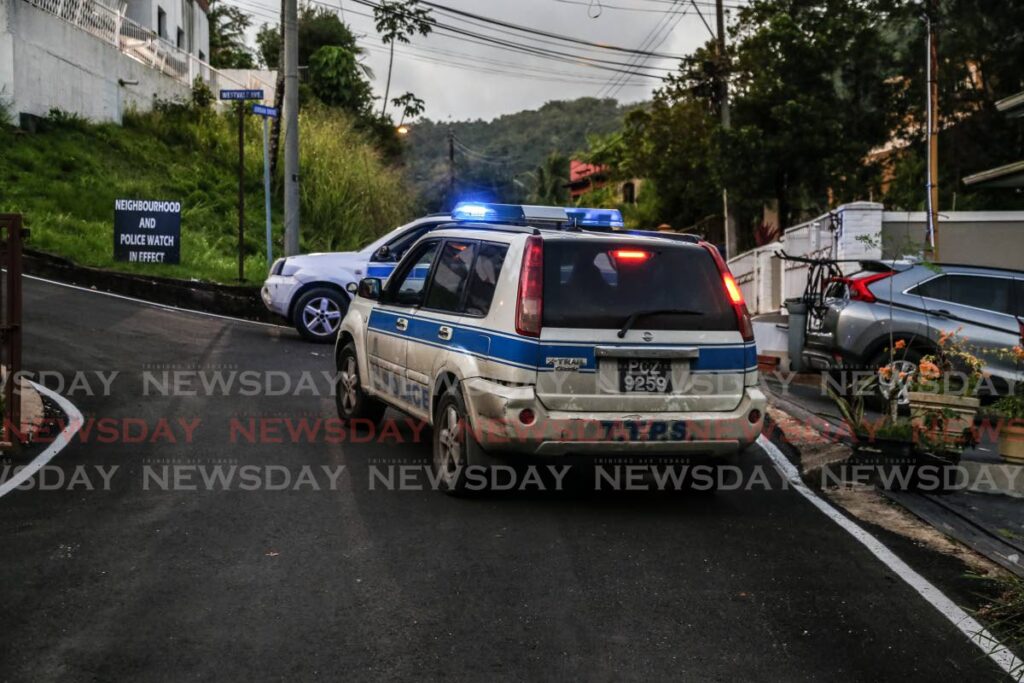NGO engages police, EMA to battle noise pollution

Citizens Against Noise Pollution in TT (CANPTT) are complaining about a lack of enforcement of the Summary Offences Act by the police against noise pollution.
Speaking with the Newsday on March 18, public relations officer of CANPTT Lindy Ann Ramsook said, "The number one complaint is loud music in residential areas and loud music from entertainment events and venues.
She said the group wanted the public to remember a crime is a crime.
"Noise pollution is no less of a crime and should be treated as such. We have been compiling reports from our membership of instances where the police and the Environmental Management Authority (EMA) have given contradicting advice.
"There are many instances of people reporting loud noise to the EMA, only to be told to contact the police who then turn around and say it's a matter for the EMA."
Noise pollution is considered any unwanted or disturbing sound that affects the health and well-being of humans and other organisms.
Exposure to loud noise can cause high blood pressure, heart disease, sleep disturbances, and stress. Pregnant women, foetuses, newborns, infants, children and the elderly are most susceptible to noise.
CANPTT, formed by Josie Ache-de Goulard, was initially an online support group for people affected by noise pollution. In September the group decided to register as an NGO as it felt the scourge of noise pollution had increased exponentially, affecting the quality of life of many people. CANPTT was granted NGO status in December.
Its aim is to raise awareness and educate the population about noise pollution. The group is lobbying for legislative change and enforcement of laws against noise pollution. It has over 2,000 members, and people can join and submit reports via its Facebook group.
Ramsook said the group commended Child Line's campaign in November which reminded the population to be mindful of loud noises affecting students doing schoolwork online.
She asked why charges were not being laid against those guilty of noise pollution.
She said the group's research revealed the average person typically waits three to four hours before lodging a complaint.
One reason, she says, may be: "Many times there are instances of people receiving threats and acts of intimidation after reporting noise disturbances."
The group met virtually with the EMA and a representative of the police on November 18.
Section 70 of the Summary Offences Act says anyone who who causes a nuisance to the public is liable to a fine of $1,500 or imprisonment for six months.
Speaking with the Newsday last Monday, acting Commissioner of Police McDonald Jacob said, after meeting with the NGO and the EMA, the police will be partnering with the authority to have police trained in using decibel meters.
Jacob said, "There are only two of these instruments dedicated to the police and so the EMA will be training more officers to use the instruments."
He said the police planned to buy more.
Asked why there had been little response from the police to noise complaints, he said, "As there are only two instruments and limited officers trained to use them, it is difficult to determine the decibel levels of most complaints. This is why we have partnered with the EMA to have more officers trained and are looking into the purchase of more instruments."
The Environmental Management Act says, "No person shall make or cause to be emitted any noise greater in volume or intensity than the prescribed standard."
In general areas in the day (8 am-8 pm) the continuous sound pressure level should not exceed five decibels above the background level, and the instantaneous sound pressure (the maximum sound level at any time) should not exceed 120 decibels.
In the night (8 pm-8 am) the continuous sound pressure should not exceed five decibels above background level, and the instantaneous sound pressure level should not exceed 115 decibels.
On average, weedwackers measure 90 decibels and motorbikes average 84 decibels. A normal conversation registers 50-60 decibels.
In a letter on March 23, responding to Newsday's questions the authority said, "Since the enactment of the Public Health Regulation in March 2020 limiting the congregation of persons, the EMA has suspended the granting of Noise Variations."
A noise variation allows a deviation from the prescribed noise-level standards, but still limits the level of permitted noise.
On reporting noise pollution and seeking redress, the authority said people should contact their nearest police station about excess noise in residential areas.
"Out of the 11 pieces of legislation governing noise-related issues, the EMA has the authority to act under one – the Noise Pollution Control Rules (NCPR) 2022. The NPCR does not give the EMA the legislative authority to address issues such as noisy vehicles, loudspeakers, and fireworks."
On a long-term solution to noise pollution, the letter said, "An all-of-society approach is critical to address the scourge of noise pollution effectively. The support of citizens is needed to act responsibly and respectfully to their neighbours and in their communities with an understanding that noise pollution is deleterious to all."
The authority said it monitors noise in specific circumstances, such as to determine compliance with noise variation permits and in addressing complaints of potential breaches from unpermitted events, as well as commercial and industrial sources.


Comments
"NGO engages police, EMA to battle noise pollution"